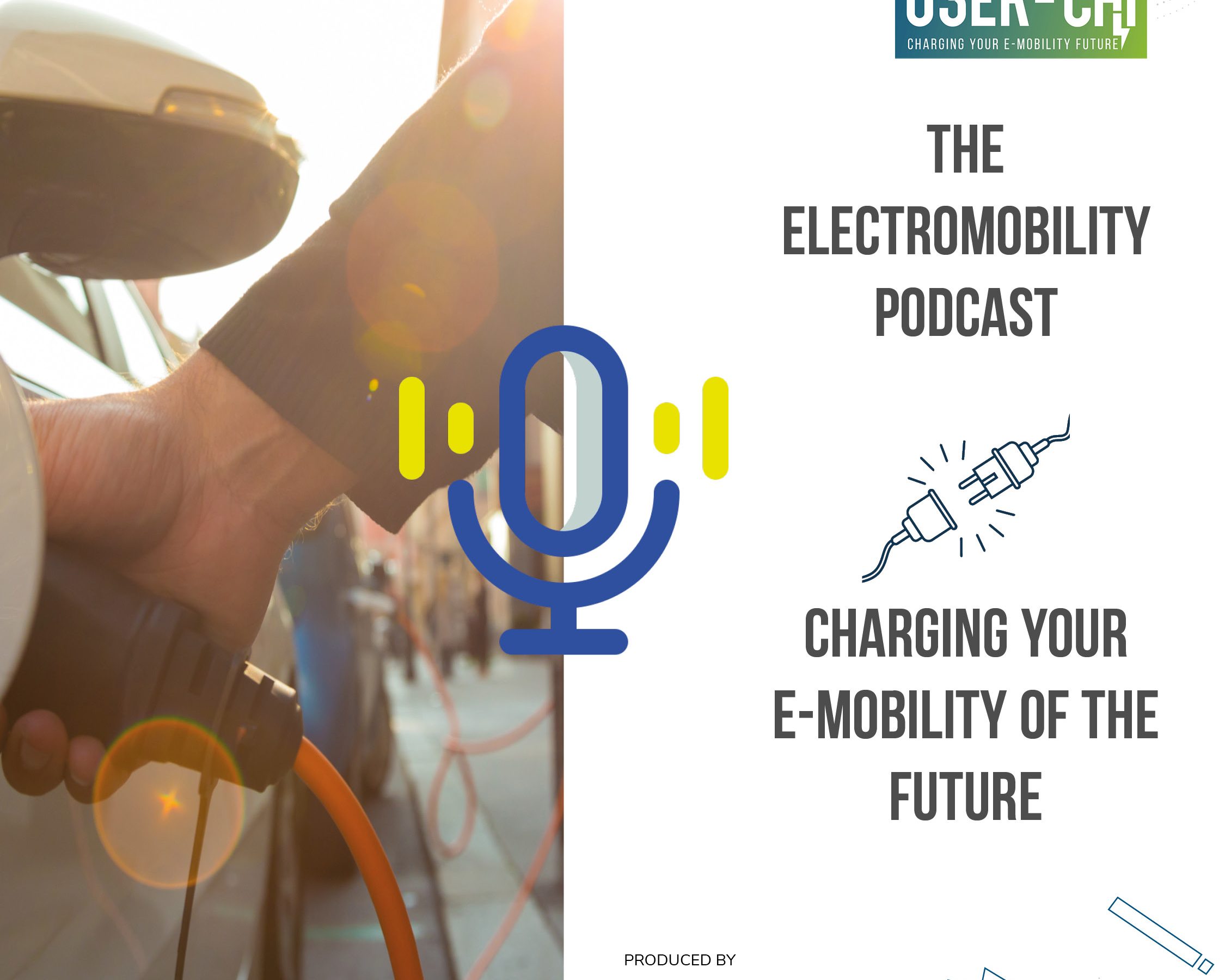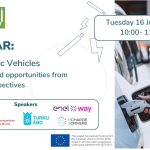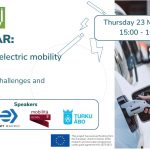Electric Vehicle Deployment: Parking Matters
USER-CHI was present at the second Park4SUMP high level workshop on parking standards, which took place on 6th July 2022. More than 40 stakeholders from across Europe attended and it was a great opportunity to raise awareness about the European discussions on parking and electric vehicles deployment.
This event was specifically targeting local and national decision makers, who are at the start of initiating charging infrastructure deployment. The event provided information about current EU legislation and its impact on the local level, and discussed future challenges and potential solutions.
In a break-out session moderated by Eurocities USER-CHI partners, Gewobag and VMZ, presented EV charging solutions with low impact on public space in Berlin. While the demand for electric charging infrastructure is expected to skyrocket in the coming years, it is crucial to develop charging solution compatible with a low impact on public space, as it is a limited resource in cities.

Gewobag, presented its solutions to limit the impact of charging infrastructure on public space through combining housing solutions and parking electrification policies.
Around 200.000 charging spots on private, public or semi-public land will be necessary to cater the significantly increasing fleet of BEVs in the German capital until 2040. To make charging infrastructure more accessible, Gewobag is also testing the electrification of publicly accessible parking lots. Contrary to its private parking activities, the company directly rents a parking space to a charging operator, which can provide charging services to both tenants and to the general public.
VMZ, presented the CLICK planning tool to support local planners and optimize the installation of charging infrastructure. The tool will be used to rationalize the deployment of charging infrastructure, which is needed in densely populated cities. VMZ is also developing a solution to increase the convenience of EV charging, allowing drivers to book charging spots.
Discussions with the participants highlighted some key aspects to take into account:
- Ensuring that both tenants and the public have an easy access to shared charging opportunities solutions is one of the key priorities to rationalize the use of the charging infrastructure network in cities.
- Renewable energy production and the decentralisation of the energy market could strengthen the convenience of EV parking-based solutions. As mentioned during the discussions, USER-CHI is currently working on the development of solar-powered charging stations to further reduce the carbon footprint of EV charging.
The event also addressed 2 other topics: the role of the city and the parking manager: plan, permit, procure (with an example from Park4SUMP project and the city of Trondheim) and EVs and parking operations: services, tariffs, and enforcement (with an example from eCharge4Drivers project and the city of Grenoble)
The main discussion concluded that strategies for charging infrastructure should align with main SUMP objectives, that are translated into parking policies.
More info on electromobility and USER-CHI solutions in Berlin
More info on the High-level meeting on parking EV charging





